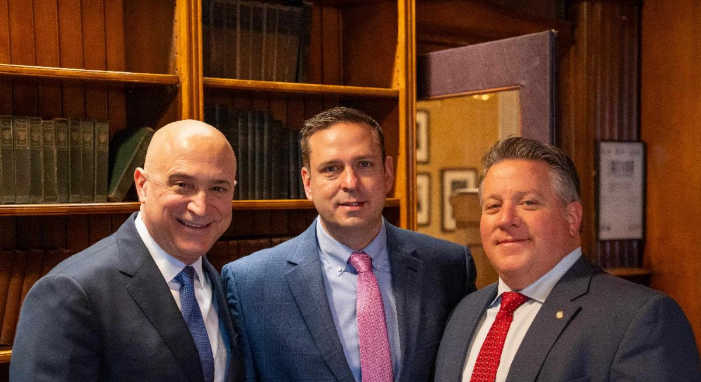Can you put a price on love? Of course not. The Federal Trade Commision, however, can put a price on love defrauded, and it’s $1.3 billion dollars. That’s what Americans lost in 2022 to romance scams, according to the FTC. 70,000 people reported losing money to a romance scam – and those are just the people who reported being scammed. And if the trend continues as it did for 2019, 2020, and 2021, the grand total for 2023 will be even higher.
The romance scam industry is global, growing, and–unfortunately–very lucrative. These swindlers are masters at manipulation and pay close attention to information shared online. Scams target both men and women, young and old. Criminals do extensive research on potential victims, looking through social media and dating site profiles for information about someone’s life, their likes, and personality—with the goal of theft. Whether of money or of personal information, larceny is the ultimate aim.
While well aware of this as a problem and with thousands of victims clamoring for justice, U.S. government agencies like the FBI and FTC struggle to prosecute the crime, as most of the criminal activity takes place far outside of the country. One doesn’t need to be in the United States to steal a photograph, create a fake dating profile, and masquerade as a widow from upstate.
Which is why I’ve chosen to approach this issue from a different angle. The FTC reports that scammers often use dating apps to target people looking for love, and sites like Match.com, Hinge, and Tinder ban millions of members. The vast majority of these members are banned within 72 hours of creating an account, because it’s immediately clear the account violates one (or many) terms of use, or because the service determines the member poses a risk of defrauding other members.
New York’s law on “social referral services” was created long before online dating platforms changed the landscape, and the time is now to update aspects of that law to better protect New Yorkers from fraud and abuse. The legislation I’ve introduced (S.1759B) would permit an online dating platform to disclose to its users when someone they’ve been in contact with had previously been banned from the service. Or when someone they’ve previously been in contact with has since been banned. Whether contact with the banned member had ceased completely or has been taken to another platform, the legitimate member would then have access to the full picture of information. And having that access can help New Yorkers make informed decisions about who they’ll date, or better yet, consider spending the rest of their lives with.
With Valentine’s Day around the corner, I want all New Yorkers to feel confident when they put themselves out there. Dating can feel hard enough—what to say, what to wear, how to break the ice, when to call. There are many unknowns, so if we can remove potential fraud as one of those uncertainties, that’s better than a heart-shaped box of chocolates.





